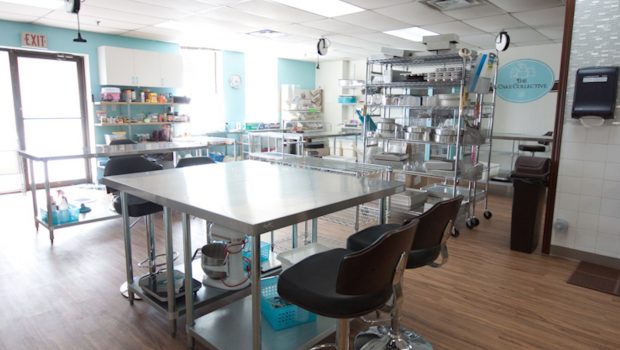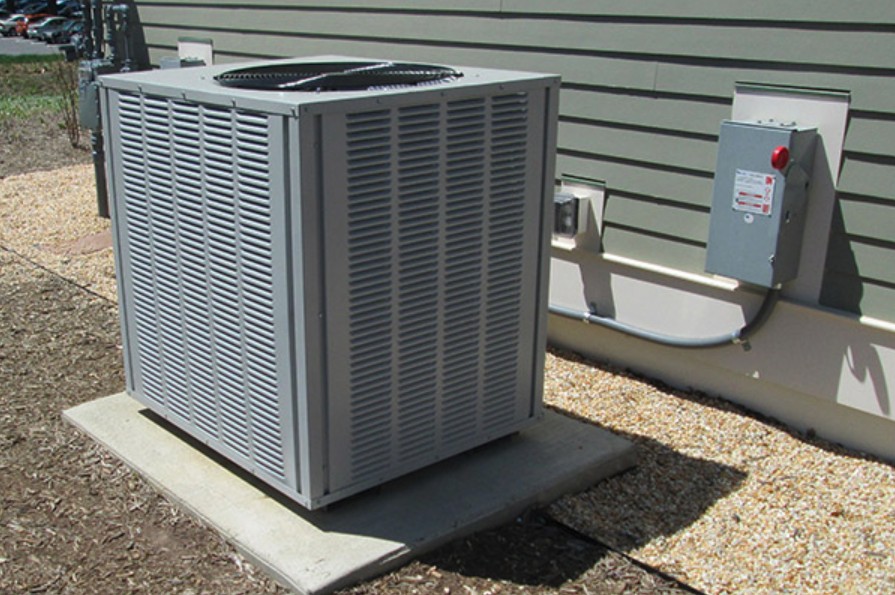Culinary incubators are a boon for small scale food businesses and startups. They provide you the facilities of a professional commercial kitchen without investing in a kitchen of your own. A few things can be kept in mind while considering a culinary incubator.
What are culinary incubators?
Culinary incubators are fully equipped kitchen spaces that can be used for commercial purposes. They are usually self contained and provide users a professional environment with complete privacy to practice their craft. The culinary incubators are available in hourly, daily and monthly pricing to suit the needs of each and every customer. They are ideal for small scale food businesses, caterers and personal chefs.
The need and benefits of culinary incubators
The following factors signify the need for culinary incubators and its benefits
- The use of home kitchen for professional purposes is illegal, so you shouldn’t prepare the food items in your home kitchen for selling or commercial purposes.
- For a small business or startup, capital is a major issue. Thus investing in a professional kitchen becomes a challenge. A culinary incubator allows you the access to a professional environment at a fraction of the cost.
- It relieves you from the burden of overheads of maintaining and managing a commercial kitchen
- It allows you to cut down or increase the kitchen hours depending upon the shape of your business and economic environment
- It provides a platform for interacting with peers that help you in exchanging ideas, identifying and correcting mistakes and problem solving.
- It fulfills the mandatory requirement of using a licensed kitchen for preparing food for commercial purposes
HACCP compliance
Hazard Analysis And Critical Control Points or HACCP compliance is an important aspect of commercial food business. It’s focused on prevention of food born illnesses, and one can take a short course and exam to get a food handlers certificate. In most of the states, the presence of a certified food handler is a legal necessity, while cooking food in a commercial kitchen.
Selling the prepared food
A startup or small scale food business can sell their finished products in the farmers market, if they are using a licensed kitchen for preparing the food products. This requires an offer from the farmers market, which can be received by approaching its manager. The culinary incubator can then help you in furnishing the necessary paperwork to sell you food items in the market.
Things to remember
- Research the market and selling opportunities before starting the business
- There may be different kinds of licenses required for retail and wholesale business, so identify the requirements for your targeted business
- Choose a culinary incubator on the basis of your requirements such as whether you will be focusing on retail or wholesale business
- Use only a licensed kitchen for commercial food preparation
- Maintain the quality of your food product with competitive pricing
- Make sure that you have an alternate source of income till the business is established and profitable
- Confidence, enthusiasm and passion are key elements for the success of your business
- Hard work and stamina are critical in food business so make sure you possess both these characteristics
A culinary incubator gives you access to better resources and awareness of changes in marketplace. Thus, you are better placed and prepared to avoid the pitfalls and encash the opportunities. Click here to know more about culinary incubators.
Author’s Bio:
Mark Farley has written this article. The East End Incubator Kitchens is a part of 4th Street Market. East End Incubator Kitchens is a collection of ten commercial kitchens that are fully equipped and are available for rent. These are ideal for artisans, personal chefs, small scale food businesses and caterers. Click here for more details.





